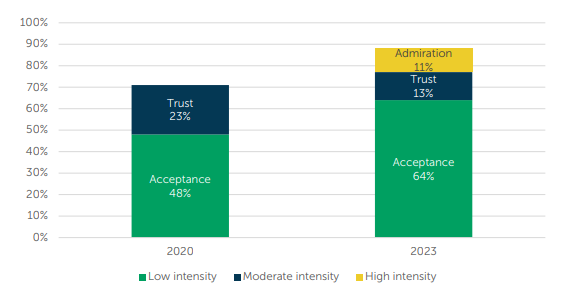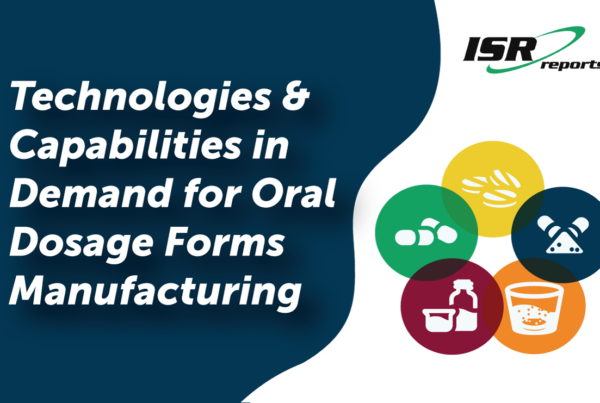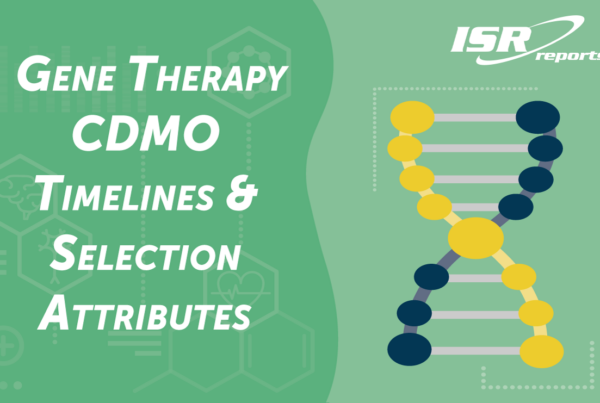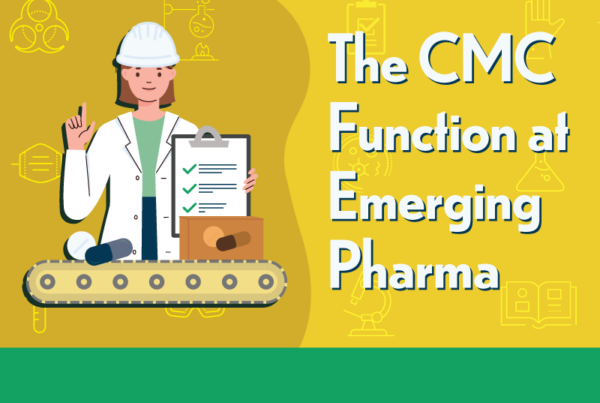Industry Standard Research (ISR) regularly partners with The Rational Heart (TRH), a research organization focused on understanding how customers and prospects actually feel about their brand. ISR conducts this type of study for our clinical research and contract manufacturing clients to help them better understand perceptions of their brand and the role emotions play in the buyer’s journey. TRH uses a combination of behavioral economics, psycho-evolutionary theory, and Bayesian statistics to assess emotional responses to various stimuli. The test stimulus could be an industry, a company, a brand or sub-brand within a company, a product or service offering, or a potential new product under consideration. In order to provide necessary context for these clients’ emotional positionings, we have also asked drug innovators how they feel about their industries in general.
Our first data collection effort for the CRO and CDMO industries occurred in January of 2020, before COVID-19 was declared a pandemic. While The Rational Heart methodology measures over 140 distinct emotions, ranging from the most basic to emotions that are highly complex, we’re going to focus on one emotion — one feeling — that’s very important to drug innovators — trust.
Trust is particularly important when hiring a third party to test or manufacture the medications in a drug innovator’s pipeline. So important, that countless CDMOs use the term in their taglines, and there are new articles each month on why trust is important to the sponsor-CDMO relationship. We know it’s important, and we know CDMOs want to be trusted, but how much trust do outsourcers have in the CDMO industry? Anyone familiar with Robert Plutchik’s Wheel of Emotions may recall that Plutchik uses a flower with eight petals to illustrate 24 emotions; each petal shows three intensities of an emotion. The three intensities of trust are low-intensity Acceptance, moderate-intensity Trust, and high-intensity Admiration.
How much do outsourcers trust the CDMO industry?
The 2020 research found that 48% of respondents (all outsourcers of manufacturing services) expressed Acceptance toward the CDMO industry. Roughly one-quarter (23%) expressed Trust, but none of the respondents expressed Admiration. Even though the largest proportion of respondents converged around the lowest-intensity emotion in the vector, it was still a solid result to see 71% of these outsourcers expressing some level of Trust.
Figure 1 – Trust Vector

With all that’s happened since January 2020, including the significant role CDMOs played in manufacturing Covid vaccines, ISR wanted to see how outsourcers’ feelings toward the CDMO industry may have changed. We ran the study again in March of 2023, and with respect to Trust, we were pleasantly surprised. Low-intensity Acceptance climbed 16 percentage points from 48% to 64%, making positive gains. The emotion of Trust did not experience an increase; this score dropped from 23% to 13%. However, high-intensity Admiration picked up those points, rising from 0% in 2020 to 11% in 2023. In looking at the Trust vector as a whole, there has been a 17 percentage-point positive change rising from 71% to 88% of respondents feeling Trust toward the CDMO industry. And importantly, the overall levels of intensity of Trust have also increased.
CDMOs have risen to the challenges the biopharma industry has faced in the past few years. These successes have meaningfully increased the level of trust outsourcers have for the contract manufacturing industry. Trusted partnerships between drug innovators and CDMOs will help achieve the shared goal of bringing medicines more rapidly to patients.




